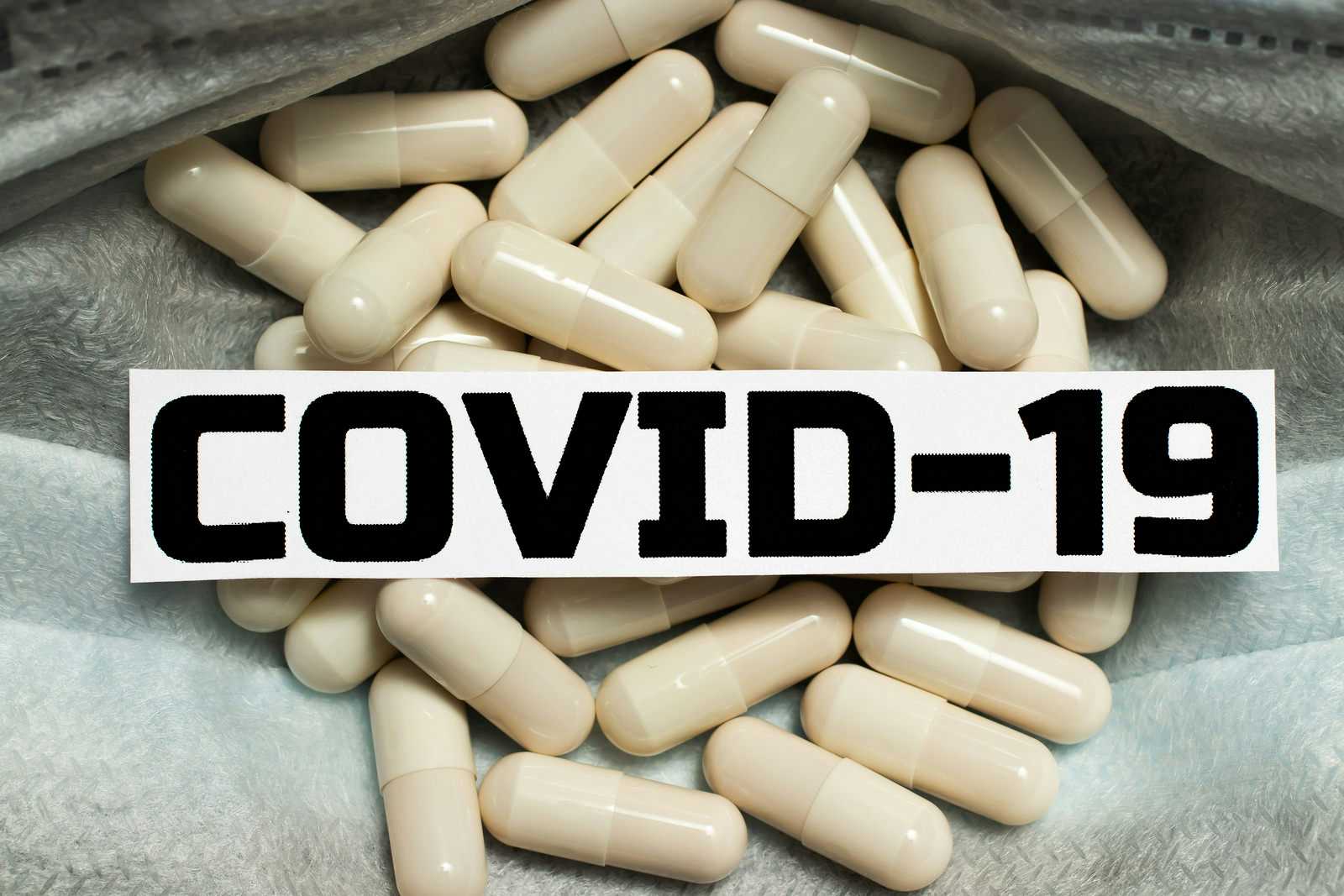
There has been a good bit of news lately about two drugs that seem improbable candidates for the spotlight. These antimalarial medications are being seen as potential treatments for COVID-19. Some physicians are quite worried that people could experience deadly side effects while taking them, however. Perhaps you have wondered, just how safe is hydroxychloroquine for treating COVID-19?
Finding Out How Safe Is Hydroxychloroquine:
Q. Recently I saw an interview on a major cable news station. The expert stated that chloroquine and hydroxychloroquine were very promising drugs for treating coronavirus.
When I looked these drugs up online, I saw that they have been used to treat conditions like malaria for years. But the side effects were scary. The idea of putting these drugs into my system is not appealing. What can you tell us about the pros and cons of these potential treatments for COVID-19?
What Are Chloroquine and Hydroxychloroquine?
A. Chloroquine (CQ) and its chemical cousin hydroxychloroquine (HCQ) have been used to treat malaria, rheumatoid arthritis and lupus for more than half a century. Researchers have been investigating the antiviral activity of these medications for over 30 years (International Journal of Antimicrobial Agents, online March 12, 2020).
Nobody yet knows whether either of these drugs will prove effective against the virus that causes COVID-19. Preliminary studies are tantalizing, though (International Journal of Antimicrobial Agents online, March 17, 2020). In a small French study, the combination of HCQ and azithromycin cleared virus from infected people in three to six days.
Nonetheless, we are also concerned about how safe is hydroxychloroquine. These drugs do have serious side effects. Many people manage very well while taking them for lupus or rheumatoid arthritis. On the other hand, some people who take them may experience gastrointestinal problems such as nausea, vomiting and diarrhea; visual disturbances; serious skin reactions; headache, tinnitus and hearing loss; blood disorders; and heart rhythm changes. Doctors refer to the cardiac reaction as “prolonged QT interval.” It can be lethal in some cases.
Shortages of Chloroquine and Hydroxychloroquine:
Because the medications are in short supply, they should be reserved for the sickest COVID-19 patients and their healthcare providers, as well as people already taking them for auto-immune conditions. The FDA recently authorized the use of these medicines in the COVID-19 pandemic. Needless to say, we hope there will also be controlled trials to determine the benefit/risk ratio for the future.
Citations
- Devaux CA et al, "New insights on the antiviral effects of chloroquine against coronavirus: what to expect for COVID-19?" International Journal of Antimicrobial Agents, online March 12, 2020. https://doi.org/10.1016/j.ijantimicag.2020.105938
- Gautret P et al, "Hydroxychloroquine and azithromycin as a treatment of COVID-19: results of an open label non-randomized clinical trial." International Journal of Antimicrobial Agents online, March 17, 2020. – DOI : 10.1016/j.ijantimicag.2020.105949

